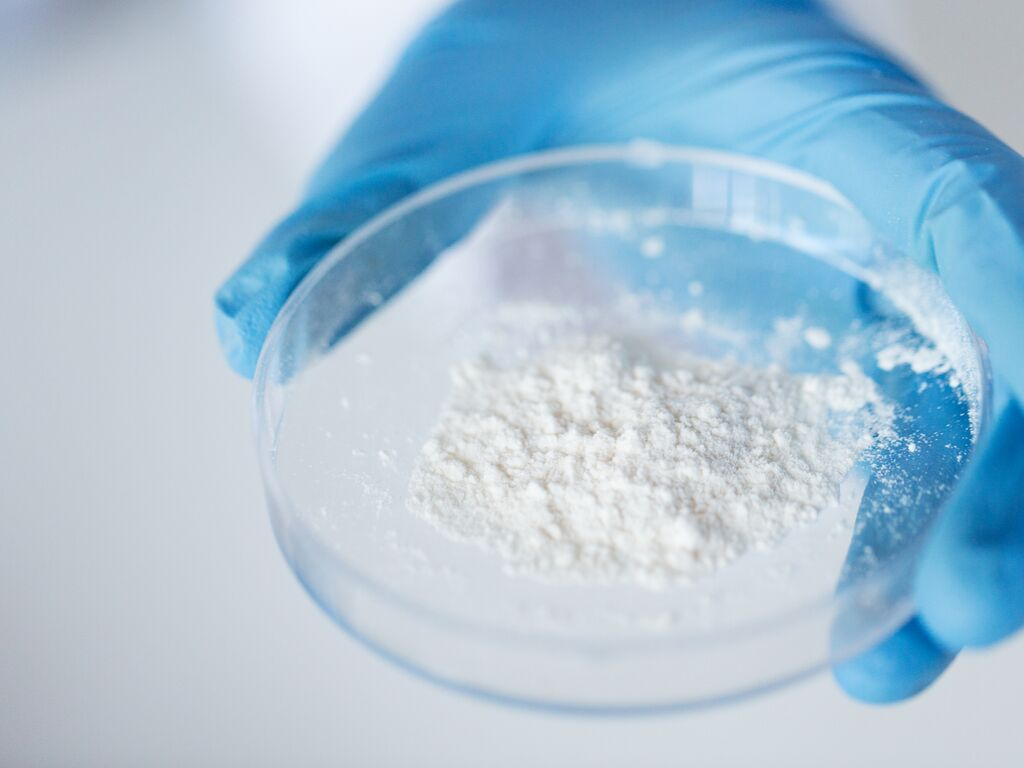Titanium Dioxide
Academic Journal Publication
Evaluation of immunologic and intestinal effects in rats administered an E 171-containing diet, a food grade titanium dioxide (TiO2)
Abstract
The toxicity of dietary E 171, a food grade titanium dioxide was evaluated. A recent study reported rats receiving E 171 in water developed inflammation and aberrant crypt foci (ACF) in the gastrointestinal tract. Here, rats received food containing E 171 (7 or 100 days). The 100-day study included feeding E 171 after dimethylhydrazine (DMH) or vehicle only pretreatment. Food consumption was similar between treatment groups with maximum total cumulative E 171 exposure being 2617 mg/kg in 7 days and 29,400 mg/kg in 100 days. No differences were observed due to E 171 in the percentage of dendritic, CD4+ T or Treg cells within Peyer's patches or the periphery, or in cytokine production in plasma, sections of jejunum, and colon in 7- or 100-day E 171 alone fed rats. Differences were observed for IL-17A in colon (400 ppm E 171 + DMH) and IL-12p70 in plasma (40 ppm E 171 + DMH). E 171 had no effect on histopathologic evaluations of small and large intestines, liver, spleen, lungs, or testes, and no effects on ACF, goblet cell numbers, or colonic gland length. Dietary E 171 administration (7- or 100-day), even at high doses, produced no effect on the immune parameters or tissue morphology.
Read the full study: https://doi.org/10.1016/j.fct.2019.110793
MSU Press Release & Feature

Study Suggests French Ban on Food Additive May Be Premature
Michigan State University and University of Nebraska Medical Center researchers are refuting an earlier French government-funded study that claims titanium dioxide, a common food additive used worldwide, causes digestive inflammation and lesions in rats.
Read the full story: http://go.msu.edu/wKP
Researchers Respond

U.S. Scientists find no evidence of adverse health effects by food grade titanium dioxide
New research on the ingredient titanium dioxide (E 171) from the Center for Research on Ingredient Safety shows no evidence of adverse health outcomes.
Read the full response: https://go.msu.edu/cris-tio2



 Print
Print Email
Email